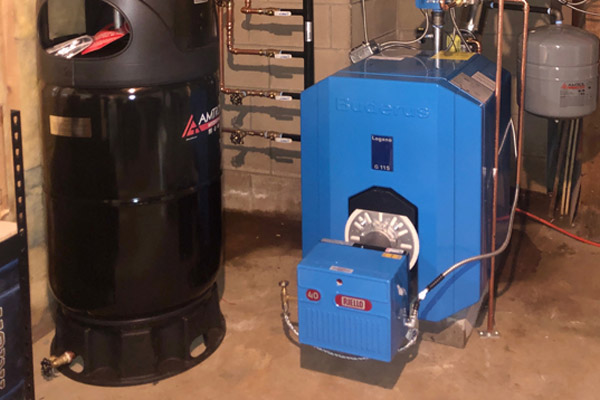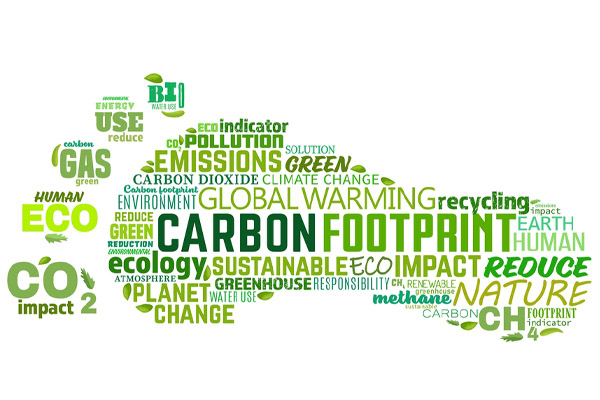Bioheat
Carbon Emissions: What They Are & Why They Matter
Carbon dioxide is vital for life on Earth, but excessive emissions are causing issues. As human activity ramps up CO2 output, ecosystems face unprecedented disruptions. This article highlights why carbon emissions matter, explores their wide-ranging effects and discusses sustainable strategies for reduction. Learn how innovative solutions can help manage them and protect the environment.
Read MoreSeamless Transition: Using Bioheat® Fuel In Existing Heating Oil Systems
Discover the transformative potential of Bioheat® fuel, a sustainable heating solution driving environmental stewardship in residential spaces. Blending biodiesel with ULSHO heating oil, Bioheat® offers a cleaner, greener alternative without requiring system upgrades for current oil-heat users. Embrace Bioheat® today to reduce emissions and enhance sustainability in your home heating practices.
Read MoreUnintended Consequences of Electrification, What You Need to Know
Many politicians believe that converting to electricity from fossil fuels is the way to go to reduce our carbon footprint. However, is this really the case? This article discusses the truth regarding electrification, its associated costs, and a better and more affordable alternative solution, such as the use of biofuels.
Read MoreClean Energy Fuels: How Renewable Biofuels Can Help Solve The Climate Crisis
Learning the harsh truth about the climate crisis we are facing today is necessary. In this article, we’ll discuss clean energy fuels, such as biofuels, to explore what they are and how they can minimize carbon emissions. We’ll cover how biofuels can help cut down greenhouse gas emissions right away.
Read MoreHow Bioheat® Heating Oil Accelerates Decarbonization Of U.S. Energy
One important shift in the Paris Agreement’s 2050 goal for netzero emissions is the decarbonization of US energy. What does this mean? How can it be achieved? Is there a simple solution? This article discusses the answers to these questions, some viable solutions, and more. Click the link to explore this topic.
Read More




